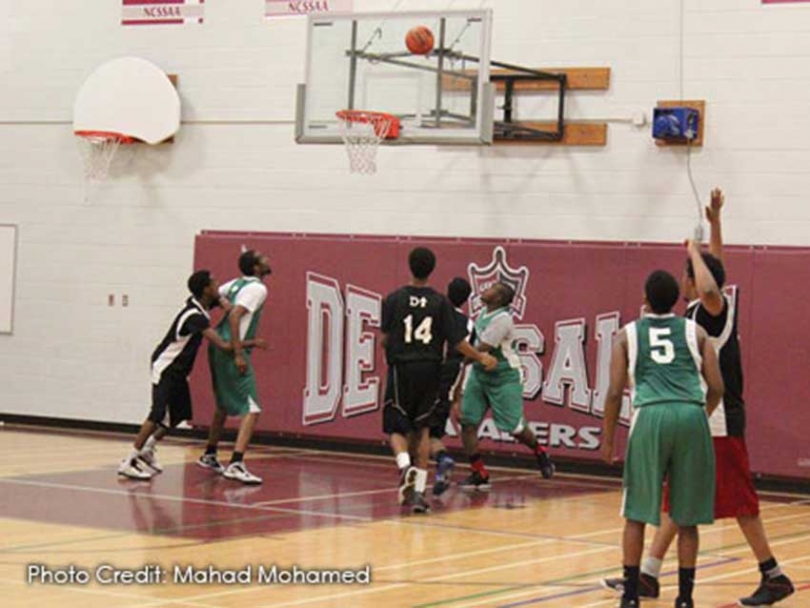 Photo Credit: Mahad Mohamed
Photo Credit: Mahad Mohamed
Jul
Ramadan is a month where we strive to get closer to Allah by sacrificing that which is normally permissible for us. The most physically strenuous sacrifice is of food and drink during daylight hours, which in Ottawa this year will be for roughly 17 hours daily. But despite the common perception that exercise and physical exertion are to be avoided during Ramadan, one need not put away the weights and hide the running shoes.
Hamza Abdullah of the Arizona Cardinals, for example, has throughout his career managed to fast during Ramadan while playing professional football. Mr. Abdullah believes the key is preparation.
“When you fail to plan, you plan to fail so I can't go into Ramadan thinking I'm going to compete at a high level if I'm not hydrated, if I haven't consulted my coaches, my doctors, my nutritionist. My mom started us fasting when we were seven years old so my body is accustomed to fasting and I know what my body can do,” he explains.
1. Stay hydrated
Whether you're planning on exercising or not, it is important that you take the time to replenish yourself with water as soon as it is time to break the fast. Bring a bottle of water to taraweeh (Ramadan night prayer) and make sure you meet the recommended daily intake of eight glasses per day. Also, make sure you have some water for suhr (meal before the fast). Water is the most important factor when keeping active during Ramadan because if your hydration decreases it can impair your performance as well as your mental focus. Hamza Abdullah recommends drinking coconut water as it is very hydrating. You can now find it sold at most grocery stores, pharmacies, and convenience stores.
2. Don't give up
The hardest week will be the first as studies have shown increases in mentally perceived levels of fatigue as well as actual physical levels of fatigue are highest during the first week of Ramadan. So if you see you're not lifting as much as you normally do, or losing steam much faster, don't panic, you'll see it pick up before Ramadan comes to an end. Your body only needs time to adjust.
3. Timing is everything
Of course, with a 17-hour fast you probably don't want to schedule your workout in the morning after suhr, especially if it involves cardio. The most optimal time would be some time after breaking your fast because you would have refueled and would be capable of really exerting yourself. This would also give you time to refuel yourself right after exercise to ensure you are not dehydrated and undernourished going into your fast.
4. Sleep
One of the hardest sacrifices during Ramadan is sleep as we are encouraged to participate in Taraweeh prayers which this Ramadan will begin quite late. So try and supplement your sleep, if possible, with a mid-day nap.
5. Meeting nutritional requirements
This is actually last on the list because believe it or not many of us living in Ottawa or in many other places around the Muslim world probably eat more in Ramadan than in any other month. Some of us may even gain weight rather than losing it! Regardless, make sure you get adequate amounts of carbs and that they account for 60 per cent of your diet.
Most importantly, remember that Allah does not place on us a burden greater than we can bear, so stay safe while staying active this Ramadan.
Abdirashid Jama is a member of Ottawa's Muslim Basketball Association and a student of Human Kinetics at the University of Ottawa.
This article was produced exclusively for Muslim Link and should not be copied without prior permission from the site. For permission, please write to info@muslimlink.ca.














